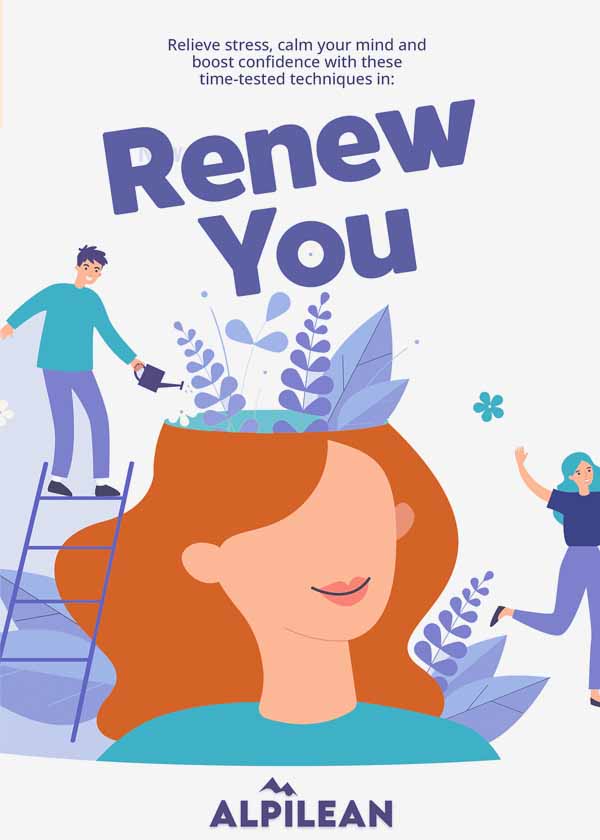A handy guide about what you should be eating or avoiding to boost your mood.
Many of us are struggling to cope with the uncertainty, isolation, and stress during the coronavirus lockdown.
If your mood and mental health have taken a hit during self-isolation, it might be worth paying attention to what you’re eating, as what we put into our body impacts our minds too.
“Mood is affected by many factors – including deficiency of vital nutrients, hormonal imbalances, blood glucose regulation problems, and issues with the health of the gut,” explains Lisa Borg, expert nutritionist at Pulse Light Clinic. “There’s a strong connection between the gut and the brain! Two important neurotransmitters involved in mood are serotonin and dopamine – and the body requires specific nutrients to synthesise these.”
Lisa has given us a rundown of what you should be eating to boost your serotonin and dopamine levels and lift that mood.
1. Omega 3 fatty acids found in oily fish, such as salmon, mackerel, herring, sardines, tuna, halibut, and pilchards. The brain is made up of 60 per cent fat – mostly essential fats, which help regulate the release of serotonin and its performance.
2. Magnesium-rich foods, such as green leafy vegetables, nuts, and seeds. Magnesium is known as the universal stress reliever, and symptoms of deficiency include irritability, insomnia, and depression.
3. Vitamin C, which can be found in food sources such as berries, citrus fruits, green leafy vegetables, onions, tomatoes, sweet peppers, and kiwi.
4. Vitamin B6, which can be found in food sources such as brewer’s yeast, carrots, chicken, eggs, fish, spinach, sunflower seeds, and walnuts.
5. Zinc, which can be found in egg yolk, fish, lamb, legumes, liver, meats, mushrooms, oysters, pecan nuts, pumpkin seeds, sardines, seafood, and whole grains.
Equally, there are certain foods that will have a negative impact on your mood. You should try to avoid the following:
1. Refined and processed foods, such as white flour products, white rice, tinned foods, and ready meals, among others.
2. Stimulants like coffee, tea, fizzy and sugary drinks, cigarettes, and sugar. All of these upset blood sugar balance and high levels of coffee can block dopamine receptors in the brain. Stimulants may give you a lift at first, but this is quickly followed by a drop in the feel-good factor.
3. Alcohol. It’s a depressant and can lead to heightened anxiety and stress, especially if consumed regularly.
4. Recreational drug use. These play havoc with the natural production of feel-good neurotransmitters, especially cocaine and marijuana.
5. Avoid overcooking your vegetables. They will provide more mood-enhancing nutrients if eaten raw or lightly steamed.















